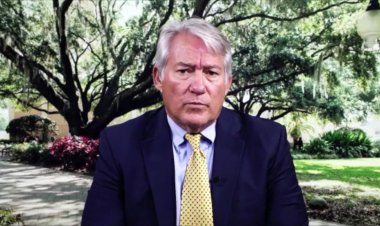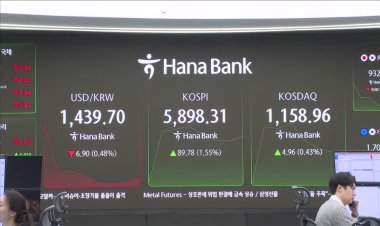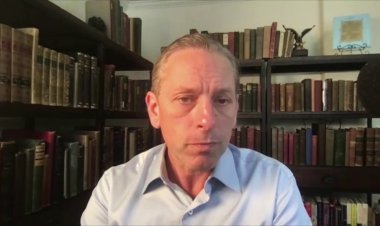Dalai Lama succession stirs global concern

In Dharamshala, India, Tibetans in exile are gearing up to celebrate the 90th birthday of the Dalai Lama, a prominent spiritual leader and Nobel Peace Prize laureate. As he ages, the issue of his succession becomes increasingly significant, with implications extending beyond the Tibetan community. The current Dalai Lama, recognized as a reincarnation at the age of two, fled to India in 1959 following a failed uprising against Chinese rule. He has since advocated for a non-violent approach to seeking autonomy for Tibetans.
In anticipation of his birthday, the Dalai Lama indicated that a non-profit he established in 2015 will have the authority to recognize his future reincarnation. He stated that his successor could be born in the "free world," outside of China, and suggested that the next Dalai Lama might be female or that there may be no successor at all. He has urged his followers to reject any successor chosen by Beijing, which claims the right to approve the Dalai Lama's successor.
The global community is closely monitoring the situation, particularly as China has labeled the Dalai Lama a political exile with no right to represent Tibetans. The Tibetan government in exile has dismissed China's proposals regarding the Dalai Lama's future. India is also attentive, as the Dalai Lama's potential reincarnation in the country could influence its relations with China. The United States has expressed its support for Tibetan rights and opposed any Chinese involvement in the succession process.
The Dalai Lama's reincarnation will be determined by the Gaden Phodrang Institute and the High Lamas of the four Tibetan schools, with no role for the Chinese government. Despite the urgency surrounding succession, the Dalai Lama has suggested he could live to 110, potentially delaying the need for immediate decisions regarding his successor.















